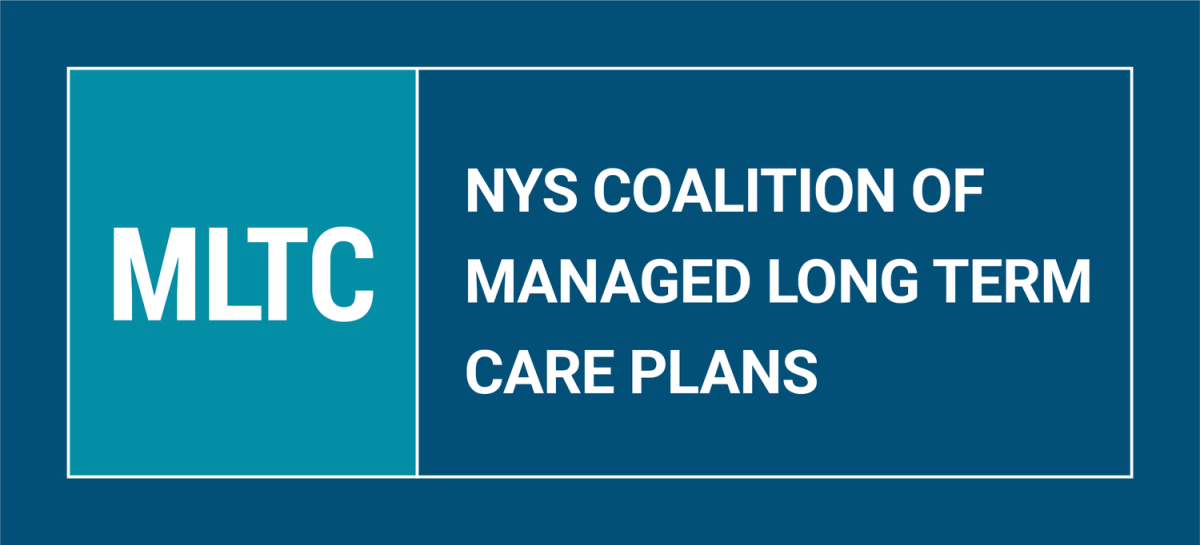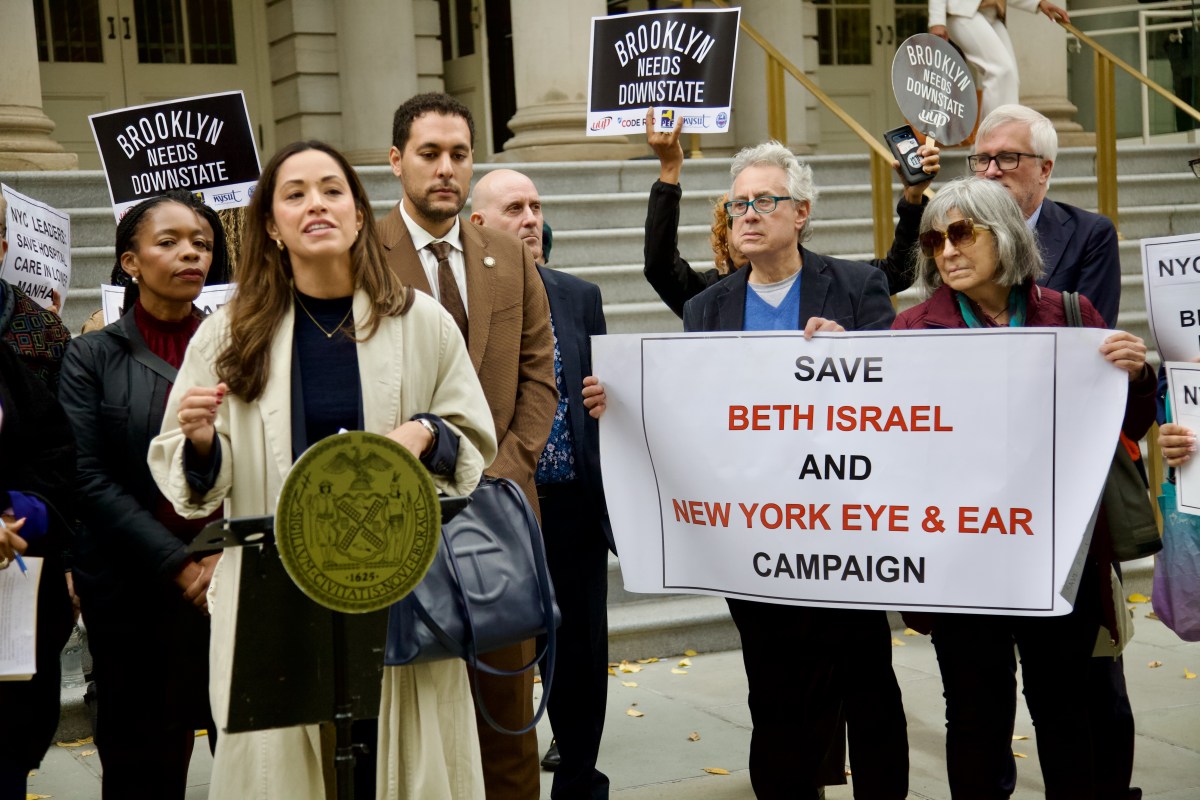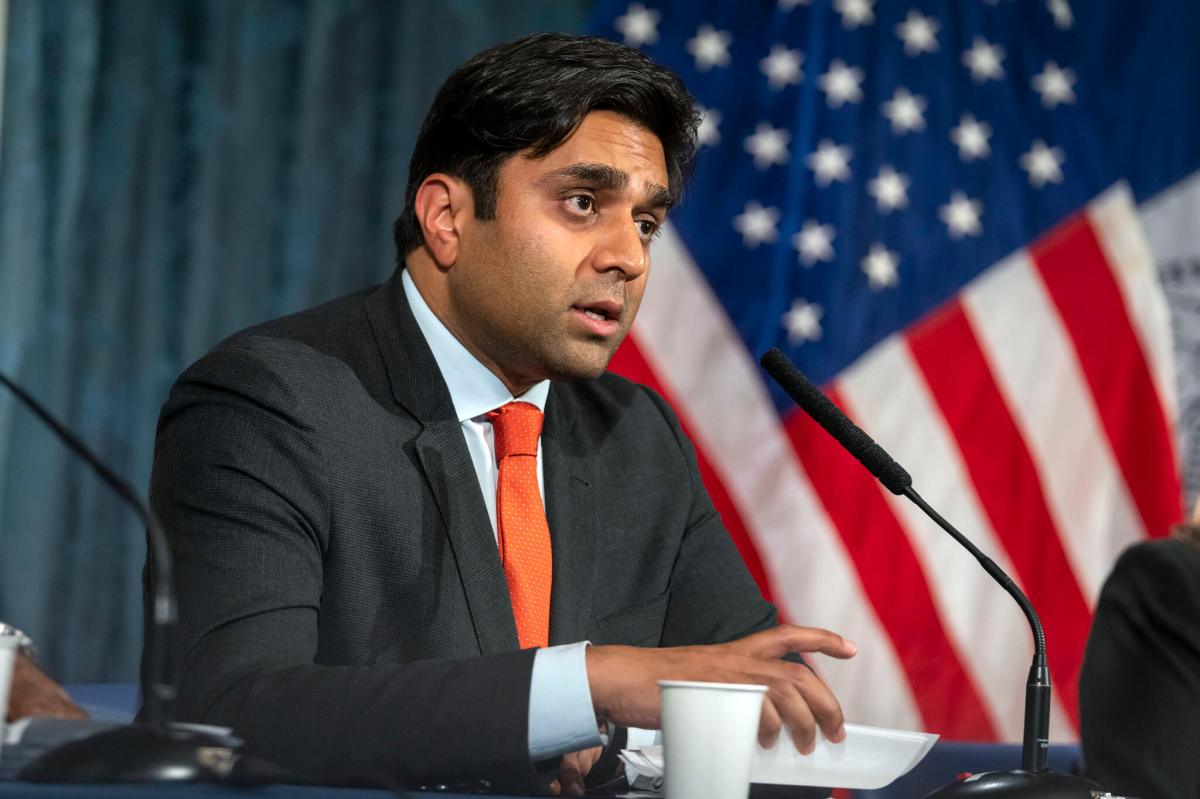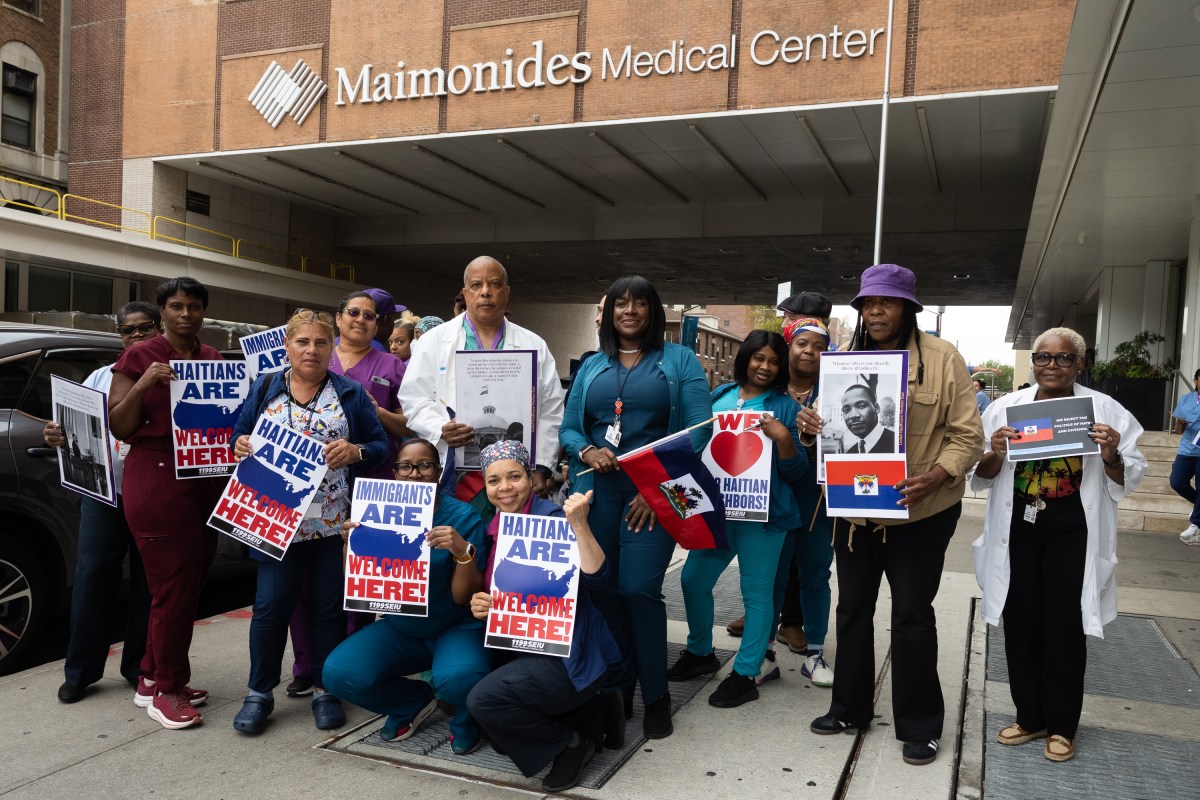As the debate around the state budget in Albany progresses, New York’s Managed Long Term Care (MLTC) Program has been targeted for cuts, with proposing eliminating the program altogether. More than 280,000 elderly and disabled New Yorkers rely on the program for the critical, full-time care that allows them to live independently and remain in their homes and communities.
In response, a broad group of stakeholders who play a part in New York’s MLTC program – ranging from plans to providers – have already weighed in against efforts to replace the program with a fee-for-service model.
In an op-ed in the Journal News, Susan Aldrich of RiverSpring Health Plans, a managed long term care provider that serves populations in Westchester County, New York City and Long Island, explains how as a provider:
- Our close contact and extensive home care means we can intervene early, prevent hospitalizations and keep our members healthier and as independent as possible.
Aldrich also responded to the proposal to transition to a fee-for-service model in an op-ed in the Riverdale Press, pointing out:
- ·The state had a fee-for-service model before the current system was introduced a decade ago… had that model continued, the state would be spending an estimated $1.3 billion more in 2024 than it will under the current program.
Diana Gelfard, chief clinical officer Elderplan/HomeFirst, an MLTC plan, echoed this sentiment in an op-ed in CityLimits, where she shared a first-hand account of the impact the MLTC program has on real New Yorkers:
- Jonathan was an innocent victim of a drive by shooting. In an instant, the 29-year-old went from being an employed father of an 8-year-old son to a quadriplegic completely dependent on others for everything. Over the next two decades, he developed a deep relationship with his care manager, assessment nurse and home care workers, who he credits with saving his life.
At the same time, a broad group of more than 200 care providers from all over New York, urged lawmakers to reject this proposal, saying:
- Replacing the MLTC plans with a FFS model will sever longstanding relationships members have with their MLTC plan and care managers, severely disrupting the quality of care for these individuals and making it more difficult for them to live independently and safely in their communities.
Finally, while the supporters claim that eliminating the MLTC program would save taxpayers money, Emma DeVito, President and CEO of VillageCare and chair of the NYS Coalition of Managed LongTerm Care Plans, responded to Rivera’s claim in an op-ed in AM New York and argued:
- The proposal to eliminate MLTC plans is built on flawed assumptions—the projected cost savings will never actually materialize. Without providing any substantiation, the proposal assumes a steady 16% year-over-year increase in enrollment in MLTC plans and unrealistically estimates that the State, under the proposed new system, will need to fund only five employees to manage a program currently serving nearly 280,000 New Yorkers.
A new fiscal analysis showed the opposition. Eliminating the MLTC Program would in fact cost the state…
- $3.07 to $4.67 billion annually… Savings proposed by advocates of S.7800/A.8470 are illusory, based on incomplete or erroneous data and assumptions, and will not accrue.
While we are still months out from the legislature voting on a final budget, a growing consensus is emerging: New York lawmakers and leaders must preserve and protect the MLTC program.










